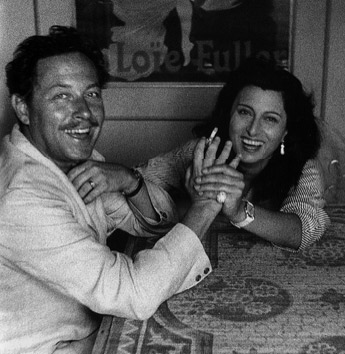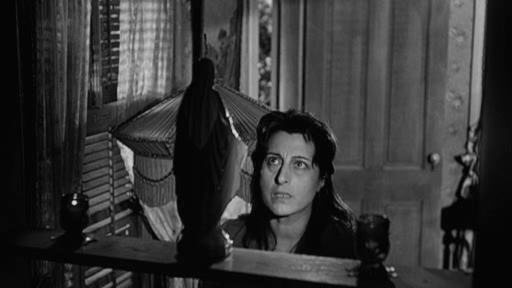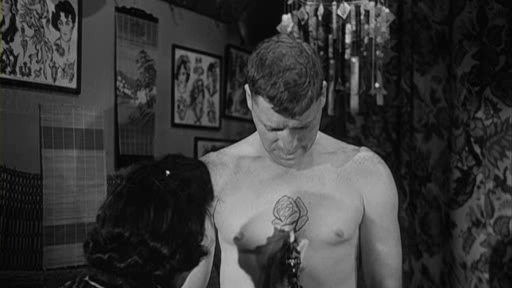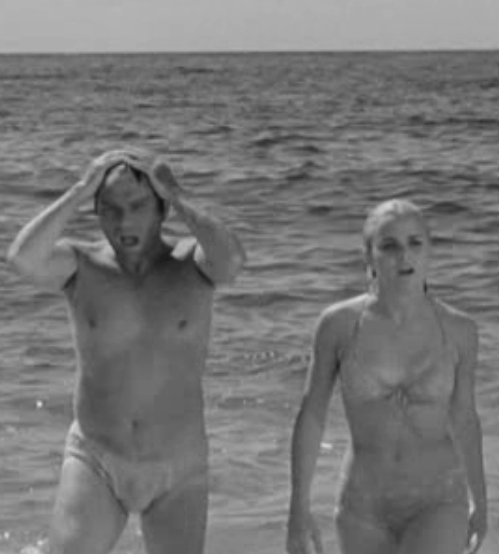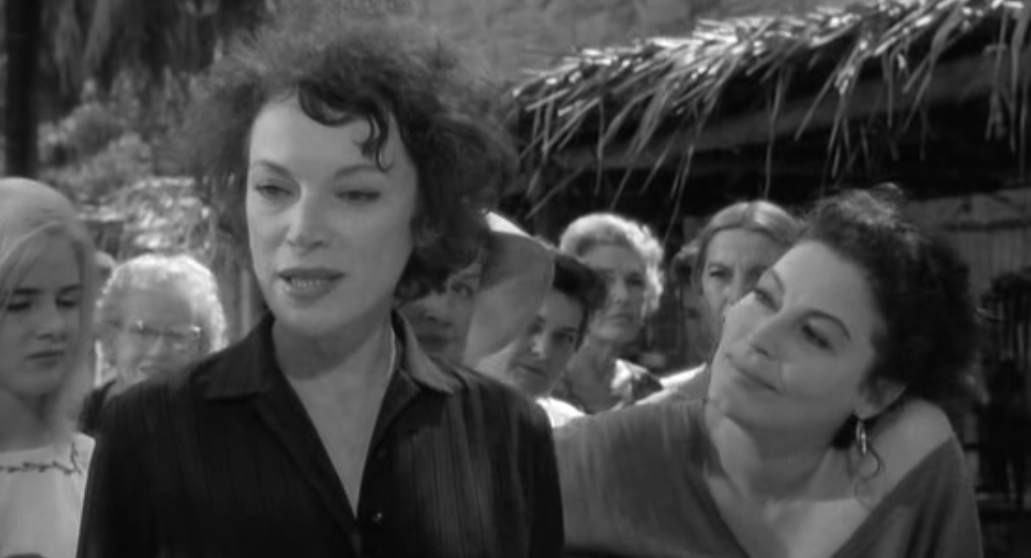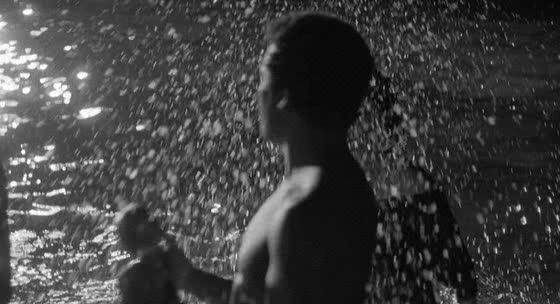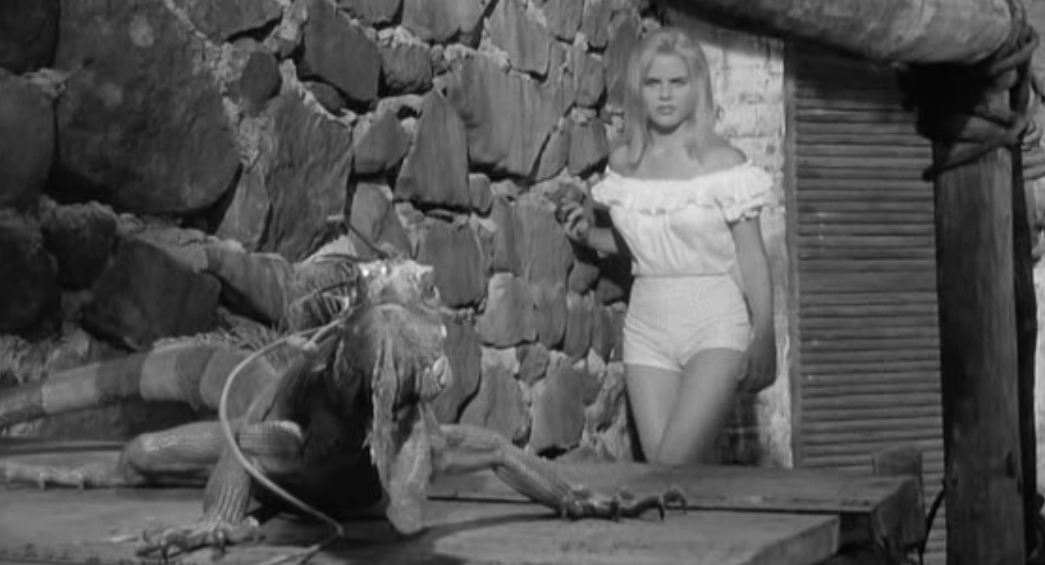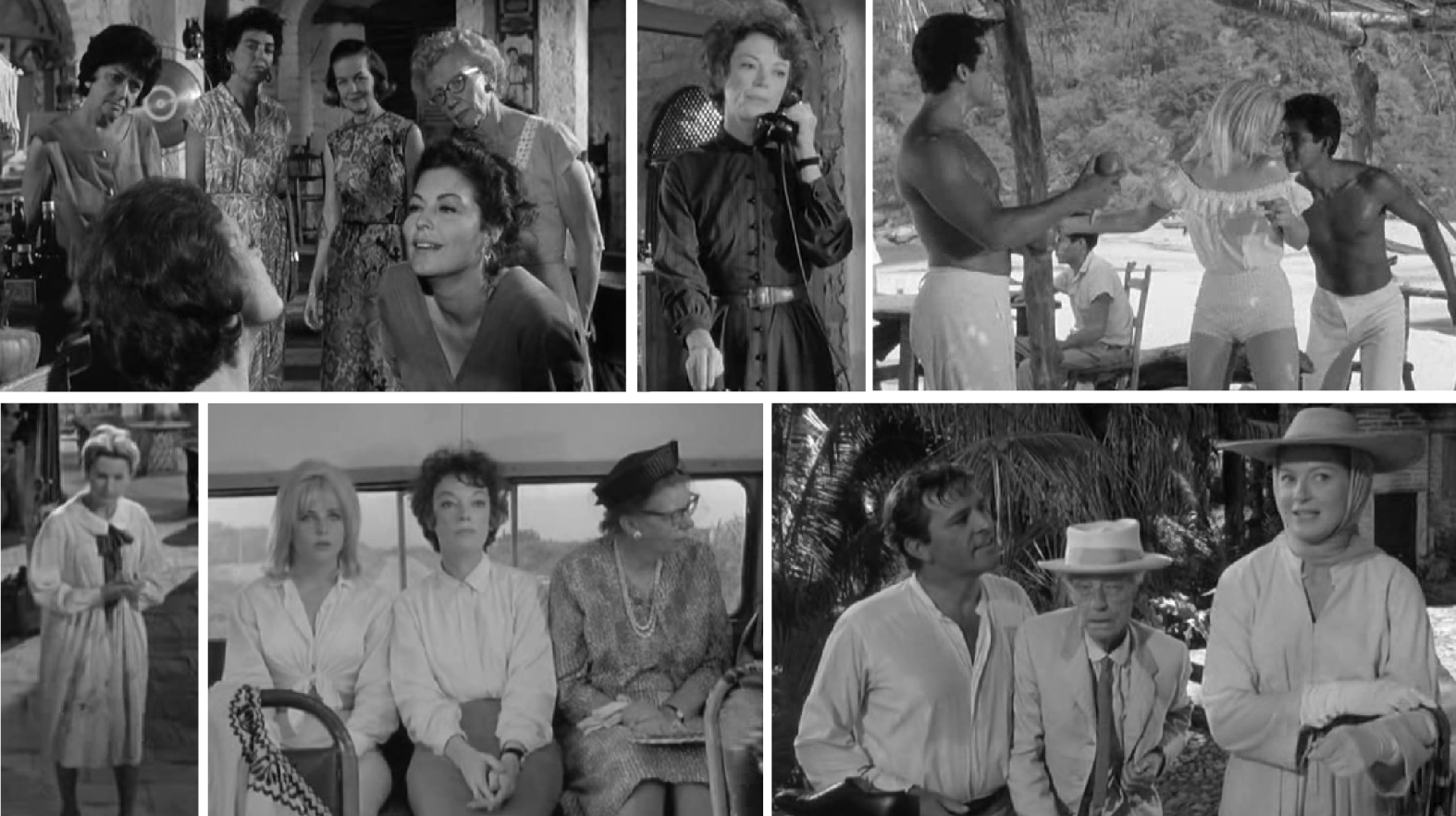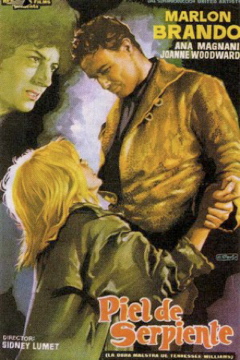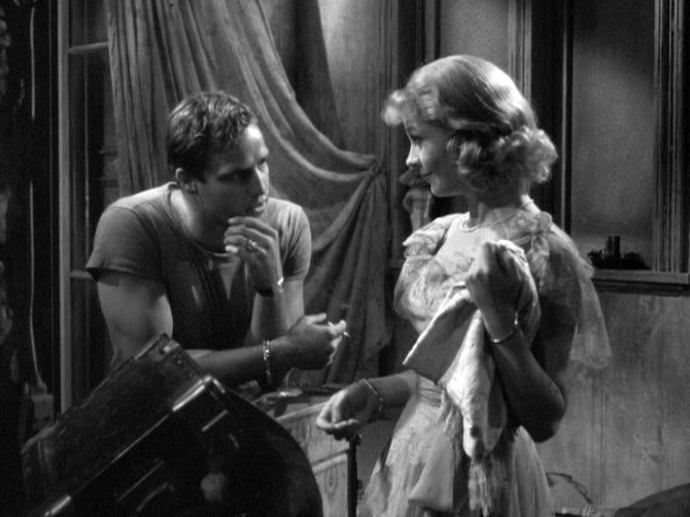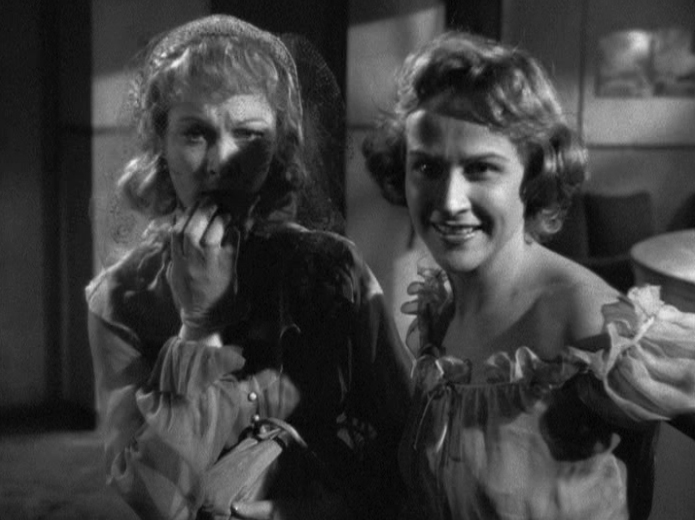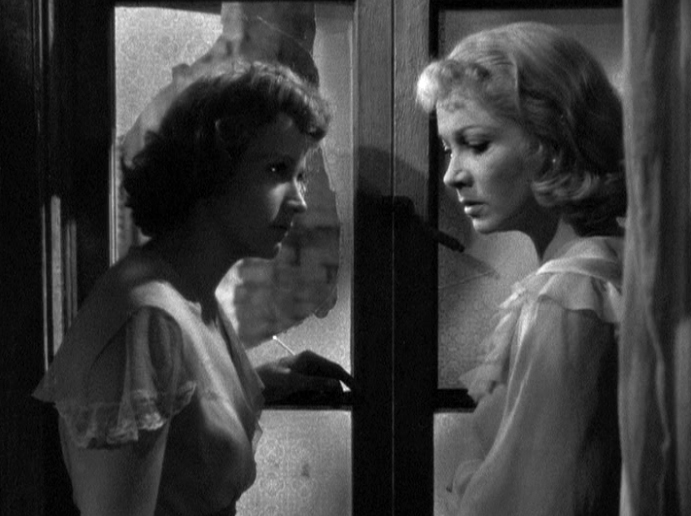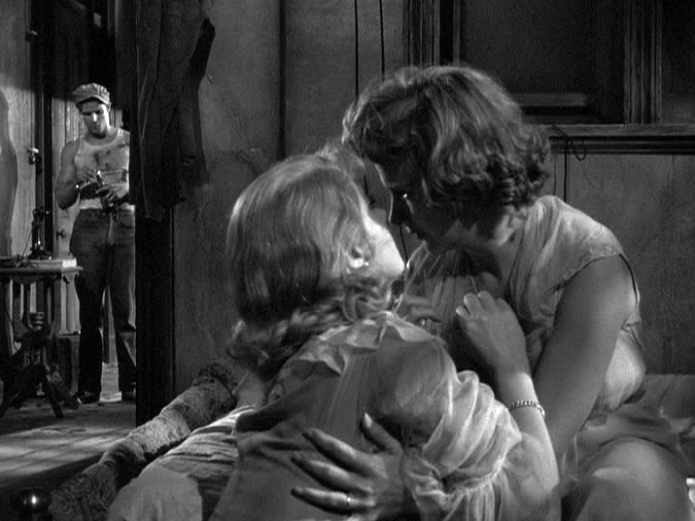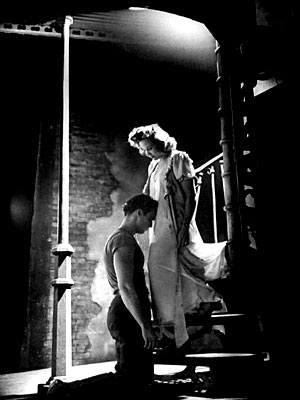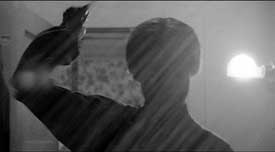This & That: Dick Tracy, Josh Hutcherson, Elizabeth Taylor
 Saturday, March 26, 2011 at 12:32PM
Saturday, March 26, 2011 at 12:32PM 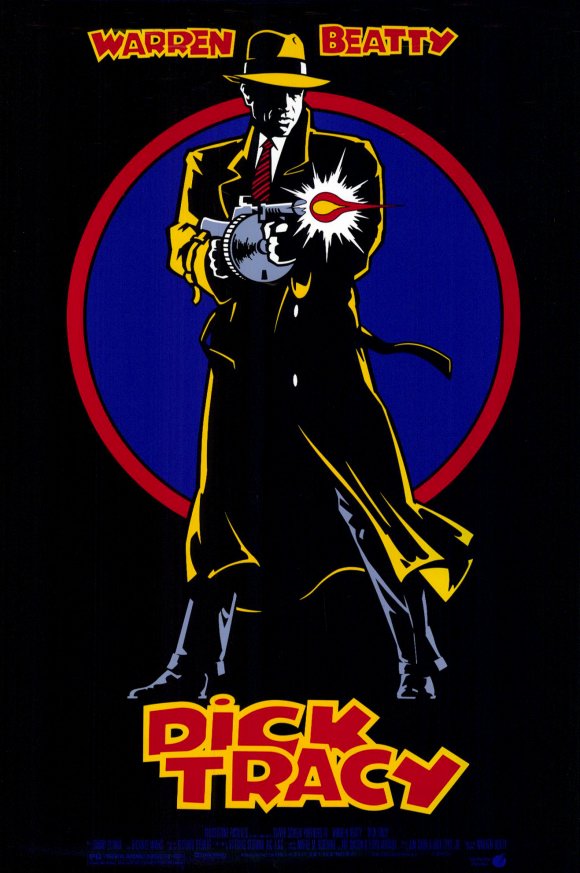 Little White Lies talks to French actor Tahar Rahim (A Prophet, The Eagle)
Little White Lies talks to French actor Tahar Rahim (A Prophet, The Eagle)
The Wrap Warren Beatty wins Dick Tracy rights lawsuit. Y'all know I love my Beatty but this decision seems ridiculous to me since the rights were only supposed to stay with Beatty if he was actually using the character but he NEVER WORKS. I would love for him to act again but it is obviously not a top priority for him.
Cinema Blend the absurd Face/Off duo (I like that movie) Nicolas Cage and John Travolta may reunite onscreen. May not. The crystal ball is cloudy.
Basket of Kisses Mad Men rumors continue.
Cinema Blend also reports that Josh Hutcherson auditioned yesterday for that Hunger Games role he wants so badly. If you ask me he's already doomed despite fans of the property thinking he's right for it. He seems so much younger than Jennifer Lawrence, doesn't he? And isn't it a love interest situation? The woman reading older is anathema to Hollywood. They are so weird about needing their women much younger than their men.
Oh and P.S. have you seen his "straight but not narrow" campaign? Cute.
Time Out Chicago Melissa Leo interview on a new project which I shan't name anymore -- I've given it too much free promotion. Must control myself unless I'm invited to things and can weigh in with an informed opinion -- but this bit on the Oscars made me giggle.
TimeOut: I was surprised myself by the backlash. Isn’t the awards season all about self-promotion?
MELISSA LEO: Perhaps that’s very so. [Laughs]
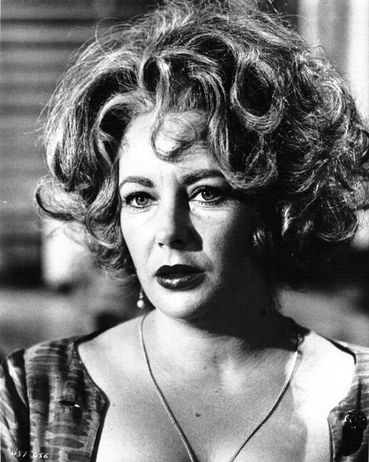 A few more Liz & Tennessee articles
A few more Liz & Tennessee articles
Sunset Gun Strong piece on Who's Afraid of Virginia Woolf?
LIFE Magazine published Liz & Monty photos. I've seen some from this shoot before but not these two. I love them together so much.
The Daily Beast has excerpts from an Elizabeth Taylor interview, one bit involving James Dean that she would not allow to go public till she died.
fourfour a Liza Minnelli anecdote on Liz.
Salon the always provocative Camille Paglia on this movie star's pre-feminist power.
and the Oscar Completist has having an Elizabeth Taylor viewing binge and has also written about the rarely discussed TV versions of Tennessee Williams' Suddenly Last Summer (1993), and the 1984 and 1995 versions of A Streetcar Named Desire.



